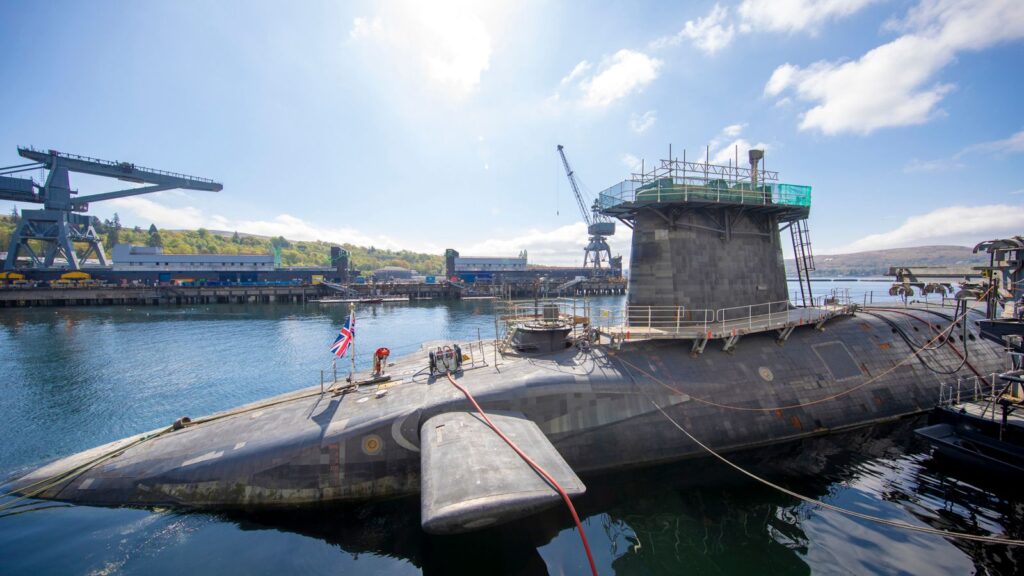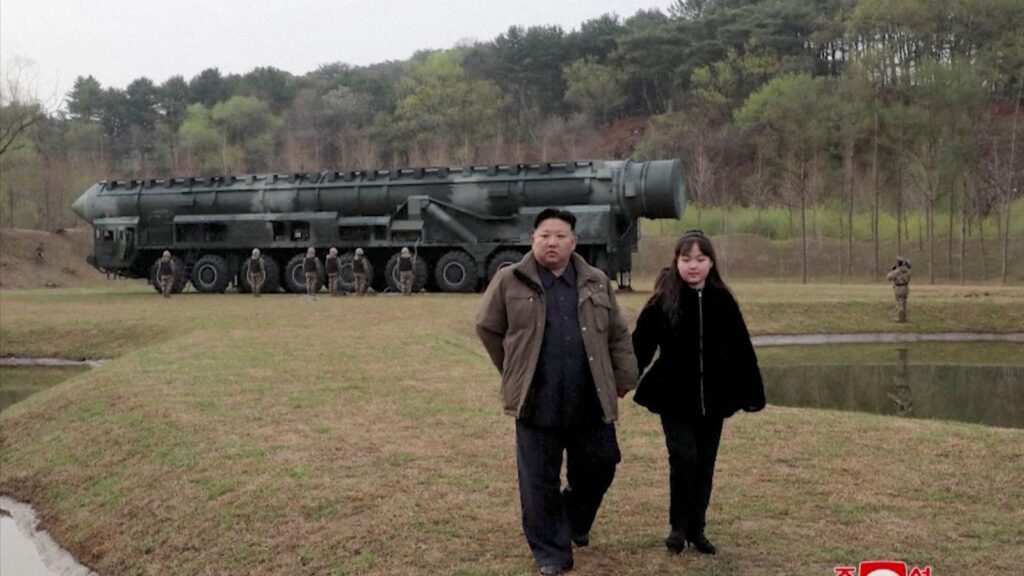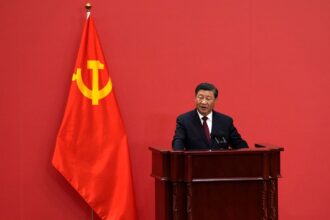
The world is on the cusp of a new nuclear era, marked by a surge in nuclear weapons and the erosion of international rules governing their use, according to Admiral Sir Tony Radakin, head of the UK armed forces. In his most candid public statement to date, Admiral Radakin lambasted Russia for its reckless threats of tactical nuclear use and large-scale nuclear exercises targeting NATO countries. The chief of defence staff also expressed concerns about China’s expanding nuclear capabilities, Iran’s nuclear aspirations, and North Korea’s ballistic missile programme, characterizing Pyongyang’s actions as “erratic behaviour” that poses a significant regional and global threat.
Admiral Radakin emphasized that his role is to fortify the nation’s resolve in the face of escalating security risks, acknowledging that the UK faces a complex and rapidly evolving threat landscape.
“The outlook is more contested, more ambiguous and more dangerous than we have known in our careers,” he said in an annual lecture at the Royal United Services Institute (RUSI) in London.
“Nowhere is this more apparent than in the nuclear domain.”Historically, the world has experienced two distinct nuclear ages. The first, during the Cold War, was defined by two opposing blocs governed by the risk of uncontrollable escalation and the logic of deterrence. The second nuclear age, characterized by global disarmament efforts and counter-proliferation, is now giving way to a new era marked by proliferation and the erosion of international norms.
“But we are at the dawn of a third nuclear age which is altogether more complex. It is defined by multiple and concurrent dilemmas, proliferating nuclear and disruptive technologies, and the almost total absence of the security architectures that went before.”
“The UK’s nuclear deterrent is the one part of our inventory of which Russia is most aware and has more impact on [President Vladimir] Putin than anything else.
“While highlighting these threats, Admiral Radakin stressed that he does not believe the UK is on the brink of war, emphasizing the need for continued vigilance and cooperation to address emerging security challenges.

“There is only a remote chance of a significant direct attack or invasion by Russia on the United Kingdom,” he said.”
It is the same for the whole of NATO. Russia knows the response would be overwhelming, whether conventional or nuclear. The strategy of deterrence by NATO works and is working. But it has to be kept strong and strengthened against a more dangerous Russia.”

Source: https://news.sky.com/








